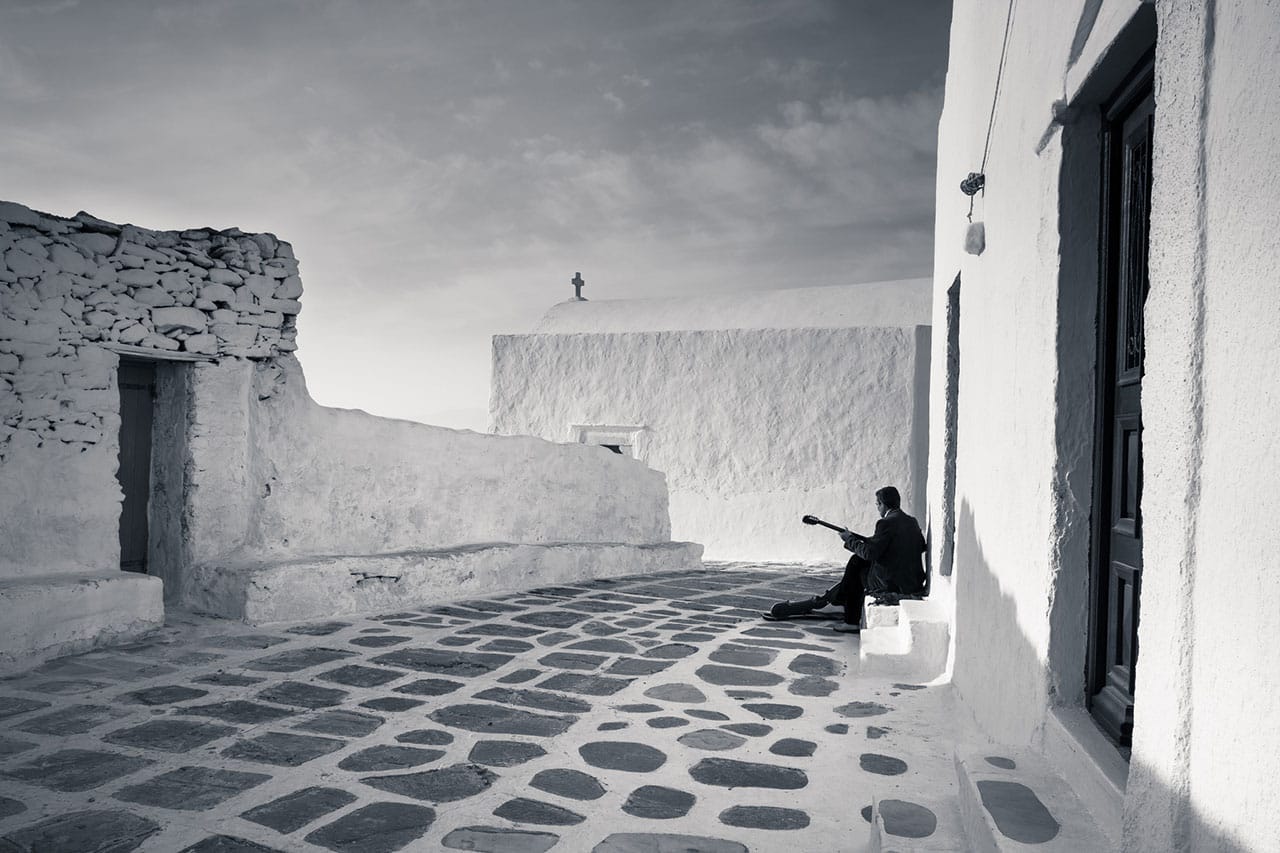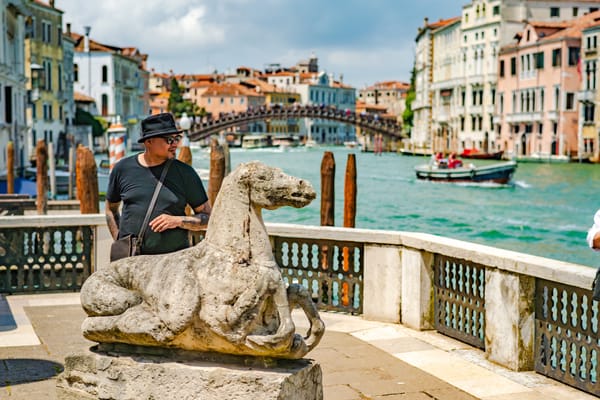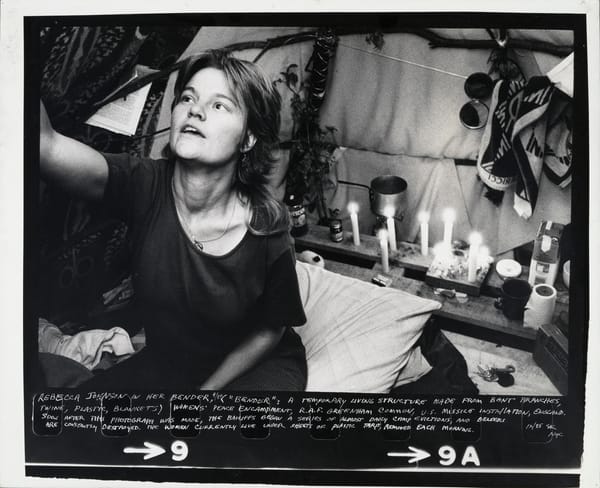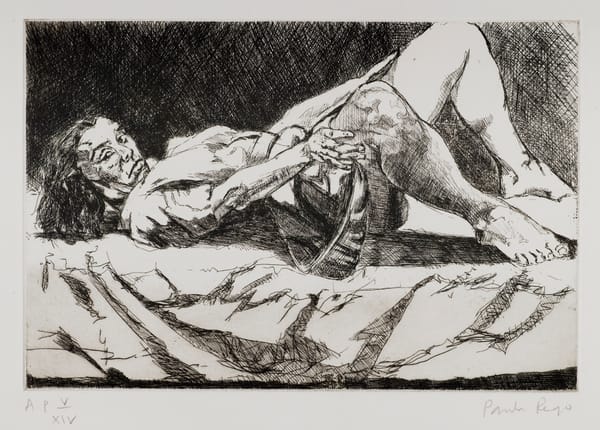Are Full-Time Authors and Artists Really So Lonely?
Creative types aren't such an embattled minority as the battery of pessimistic articles predicting the end of painting or the novel makes them out to be.

In a recent article in the Telegraph, full-time author Chas Newkey-Burden cautions against becoming a writer. He warns would-be writers, of whom there are apparently many in the UK, to confront the realities of the profession: it’s lonely, unstructured, and poorly compensated. Scott Timberg’s widely discussed new book The Killing of the Creative Class — and the discussions it’s precipitated — seems to vindicate Newkey-Burden’s position. By all accounts, the cultural and professional spaces available to artists and writers are shrinking to claustrophobic proportions.
It’s true that it’s difficult to make a living as a writer or artist — but it’s not true that writing and creating are lonely endeavors. To write or to make art is to participate in a broader communal discussion that not only includes contemporary writers and artists but also past and future thinkers. This is most obvious in the case of literary or art criticism: often, multiple writers address the same text or exhibition, responding to their peers in a more straightforward way. (I can’t count the number of reviews of Elena Ferrante’s works I’ve read in the past months.) But it’s also true, albeit less transparently, that visual artists and the authors of literary fictions are engaged in a profoundly social endeavor. In writing or creating, they partake in an artistic or literary tradition, elaborating on the works that preceded them.
At a time when the arts are financially imperiled, it’s especially important for us to recall that they still have much to offer in way of cultural and social capital. Creative types aren’t such an embattled minority as the battery of pessimistic articles predicting the end of painting or the novel makes them out to be — and indeed, new forms of engagement, like blogging, have enabled broader and more inclusive discussions, facilitating the creation of more widespread critical and artistic communities. Now if only that were lucrative.




